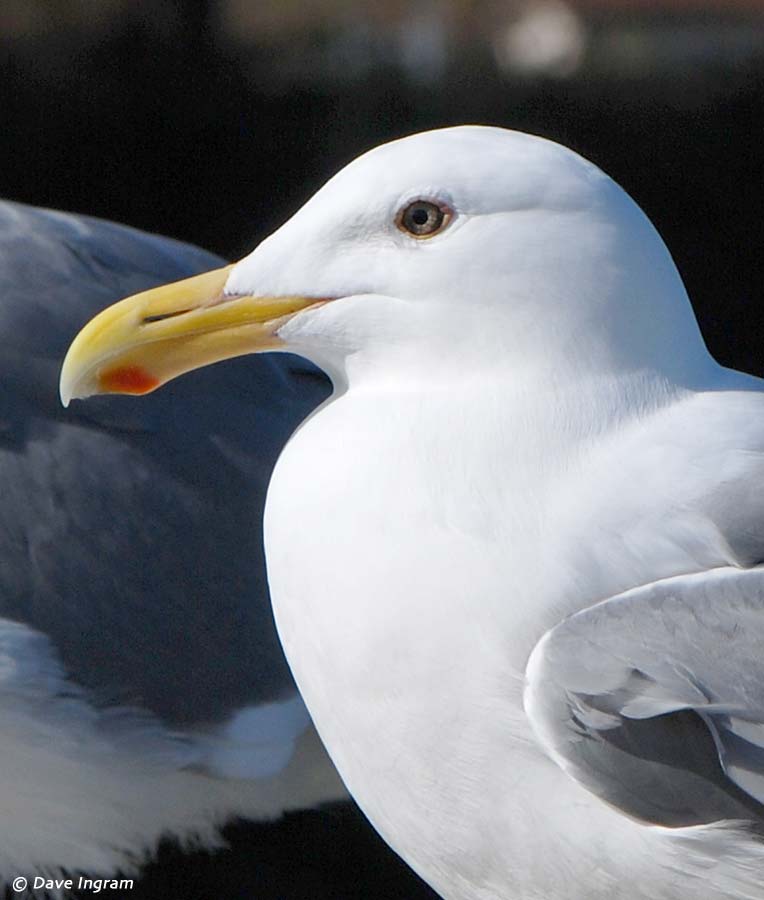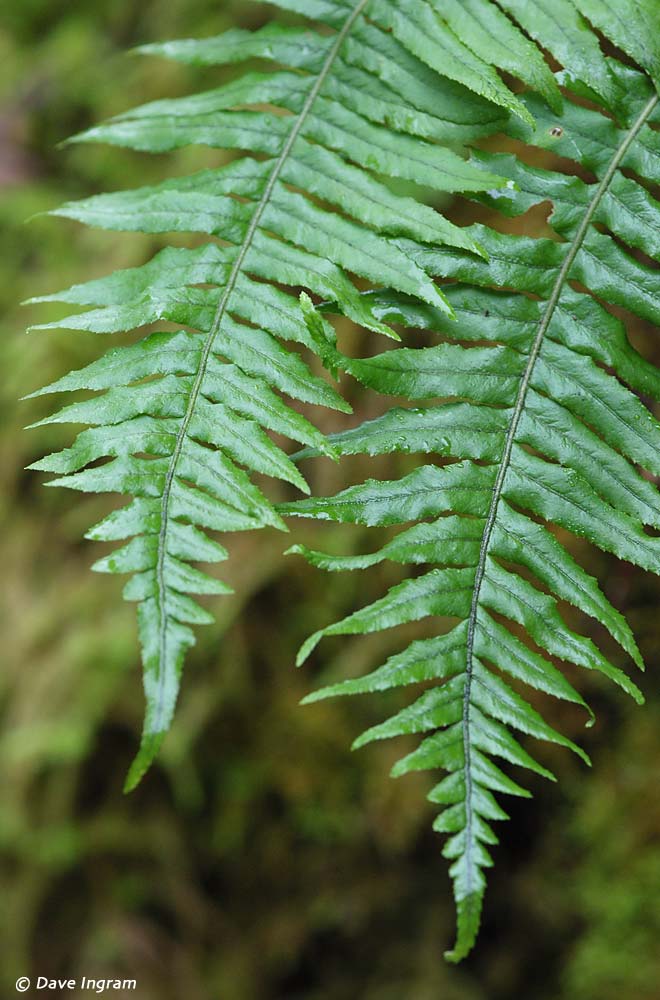Joining a local natural history club is an excellent way to learn more about nature and meet like-minded people. The Victoria Natural History Society (VNHS) has a number of interesting walks and presentations for both members and non-members throughout the year. Field trips are ranked according to difficulty:
- Level 1 – easy walking, mostly level paths
- Level 2 – paths can be narrow with uneven terrain
- Level 3 – steeper grades or obstacles in paths requiring agility
- Level 4 – very steep, insecure footing or longer hikes requiring good physical condition
September 2010 Field Trips
The following are walks and presentations hosted by the Victoria Natural History Society during the month of September, 2010. To learn more about the VNHS please visit their website at http://www.vicnhs.bc.ca/.
Saturday Morning Birding
September 4, 11, 18; October 2, 9, 16, 23, 30
Call the Rare Bird Alert (250-704-2555) or check the VNHS website Rare Bird Alert on the Thursday or Friday before to find out this week’s location. Starting at 8:00 a.m., rain or shine. For more details, call Rick at 250-885-2454. Novice and experienced birders all welcome.

Tuesday, September 14
Wolverines: A Story of Ecological Myths and Economic Realities
Wolverines have a tough reputation as a dauntless and tenacious icon of untamed wilderness. But as untamed wilderness declines, what does this mean for wolverines? Wolverines used to range across Alberta’s Rockies, Prairies, and boreal forests, but they have declined significantly in the last century. With extensive oil and gas development, the remaining suitable habitats for wolverines may be dwindling as well. Wolverine ecology in Alberta was a blank space on the map before we started a five-year study of these elusive and rare predators. We used camera trapping and non-invasive genetic research to examine wolverines in a protected mountain forest landscape, and in an adjacent foothills forest landscape with extensive forest harvesting and energy development. We found that the myth of wolverines’ resilience is built on unsteady ground: economic development has clashed with this icon of wilderness. The outcome for all western Canadian wolverines from Ontario to BC may be uncertain, but dispelling the myths and embracing a true understanding of wolverines and their ecological requirements can help conserve this species across their range. Join wildlife ecologist Dr. Jason Fisher as he takes us on a remarkable scientific and photographic journey to reveal hidden insights into this largely unknown animal. We meet at 7:30 p.m. in Room 159 of the Fraser Building. Admission is free and everyone is welcome. Bring a friend and a coffee mug.
Saturday, September 18
Don’t Panic, Grow Organic
As part of the District of Saanich Pesticide-Free Gardening Series, Carolyn Herriot demonstrates through her own garden the fact that you can have a beautiful healthy landscape without using products that are harmful to nature or wildlife. Come and discover some simple natural techniques to keep your garden in balance, allowing Mother Nature to take over, while you enjoy the garden. 11:00 a.m. at the Pearkes Recreation Centre, Ross Room.
Saturday, September 18
Life After Pesticides: Beautiful Yards and Healthy Gardens
Dr. Linda Gilkeson will give an illustrated talk on how to have lovely yards, food gardens, and lawns, without resorting to pesticides. She will change how you think about dealing with weeds, insects, and other pests with her emphasis on prevention and low-cost, simple methods. She shows why it is essential to correctly identify pests, how to know when to treat and the right way to use organic treatments. Part of the District of Saanich Pesticide-Free Gardening Series: 1:30 p.m. at the Pearkes Recreation Centre, Ross Room.

Sunday, September 19
Endangered Avatar Grove
We will visit the magnificent but endangered “Avatar Grove”, home to ancient redcedars and now rare old-growth Douglas-fir trees. The Grove is flagged for logging despite its potential to become a major tourism destination. TJ Watt from the Ancient Forest Alliance will show us the way around the grove, explain its significance, and what we can do to help. We will stop at spots along the way and return via Lake Cowichan. Please note that the area where we will be walking is rugged and irregular. Be prepared to climb over large logs and scramble over big roots, obstacles, and steep terrain. Limited number, VNHS members only. Leaving Victoria at 8:00 a.m. and returning late, possibly with a quick supper stop at a restaurant so have some cash for that. Pack a lunch as we will not be stopping near food facilities until evening. Preregister by contacting Agnes between Sept. 1-15. The first eight people have the option of coming in her van. Others to carpool by pre-arrangement only. Road is paved except for a few short sections of good gravel road. Cost to come in the van or carpool with others will be about $25 for the day. No pets please. Contact Agnes at 250-721-0634 to register or for more information. Field Trip Level 3.
Tuesday, September 21
Botany Night – Some Interesting Ferns And “Fern Allies” of British Columbia
There are several puzzles among the more than 100 species of British Columbia ferns and fern allies, and some taxonomical problems have been swept under the carpet. Adolf & Oluna Ceska will try to expose some of them. You might be surprised that even the most common BC ferns hide some deep secrets. Swan Lake Nature House, 7:30 p.m. Admission is free and everyone is welcome. Bring a friend!

Wednesday, September 22
Birder’s Night – Birds of Vancouver Island
Join Mike Yip as he takes us on a photographic journey off shore of Vancouver Island. In 2006 he spent 13 days at sea on a fishing boat sighting pelagics. This trip was filled with albatrosses, shearwaters, and the first sighted and documented Lesser Nighthawk in BC. Mike will also present photos of other uncommon birds seen since 2006. We meet at 7:30 p.m. in Room 159 of the Fraser Building. Admission is free and everyone is welcome. Bring a friend and a coffee mug.
Saturday, September 25
Hawk Watch
Join CRD Regional Parks, the Victoria Natural History Society, as well as staff from Pacific Northwest Raptors for live displays and activities at Aylard Farm. Experts with spotting scopes will be at the viewpoint above Beechey Head. The hike up to the viewpoint requires sturdy footwear and a 20-minute trek up a steep and rocky trail. Bring binoculars, water, and a lunch. Drop in anytime between 11 a.m. and 3 p.m. at the parking lot off Becher Bay Road.

Sunday, September 26
Juan De Fuca Pelagic Birding
We have hired a boat (the Fantasea II) to go from Victoria Harbour out into the Juan de Fuca Strait and to Race Rocks to find some of the pelagic species that feed there. We will follow the tide debris line that occurs between Victoria and Race Rocks as the currents cause an upwelling of nutrients from the bottom, resulting in the best feeding spots for the birds. Possible birds include shearwaters, murrelets, auklets, jaegers, Northern Fulmar, Tufted Puffin, many species of gulls, phalaropes, and other pelagics. Sea mammals, including whales, are also possibilities. There is room for 20 people; the cost is $60.00 (including HST) per person for a five-hour trip (9:30 a.m.–2:30 p.m.). You must pre-pay on the VNHS website or by cheque to VNHS and pre-register by phoning Ann Nightingale at 250-652-6450. Field Trip Level 1.
Monday, September 27
Marine Night – Whales, Satellites, and Cold Lunches on the Edge of Antarctica
In 2007, Charles Short and a small group of researchers studied Antarctic killer whales and humpbacks, using satellite tags to track their movements and migratory behaviour. Prior to that he studied eastern Pacific Gray Whales off Vancouver Island. He will present aspects of both these projects. These studies have helped biologists to understand the role of marine protected areas for wide ranging species such as whales. Charles is presently with the Integrated Land Management Bureau in BC where he focuses on the design of marine protected area networks. Meet at 7:30 p.m. in Room 159 of the Fraser Building. Admission is free and everyone is welcome. Bring a friend!